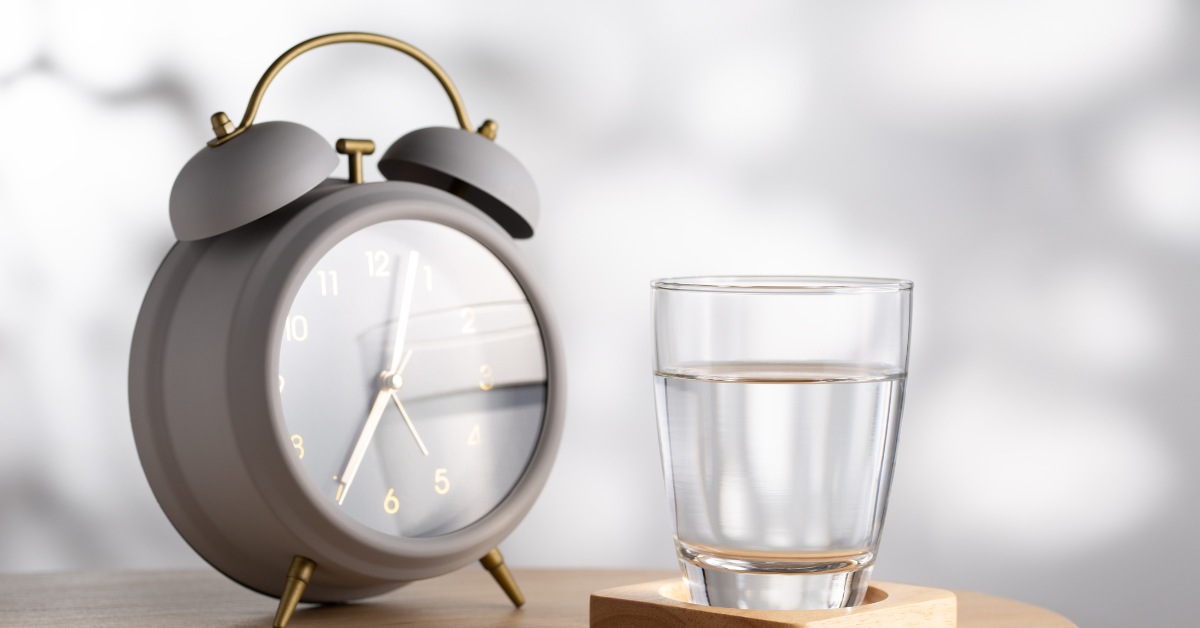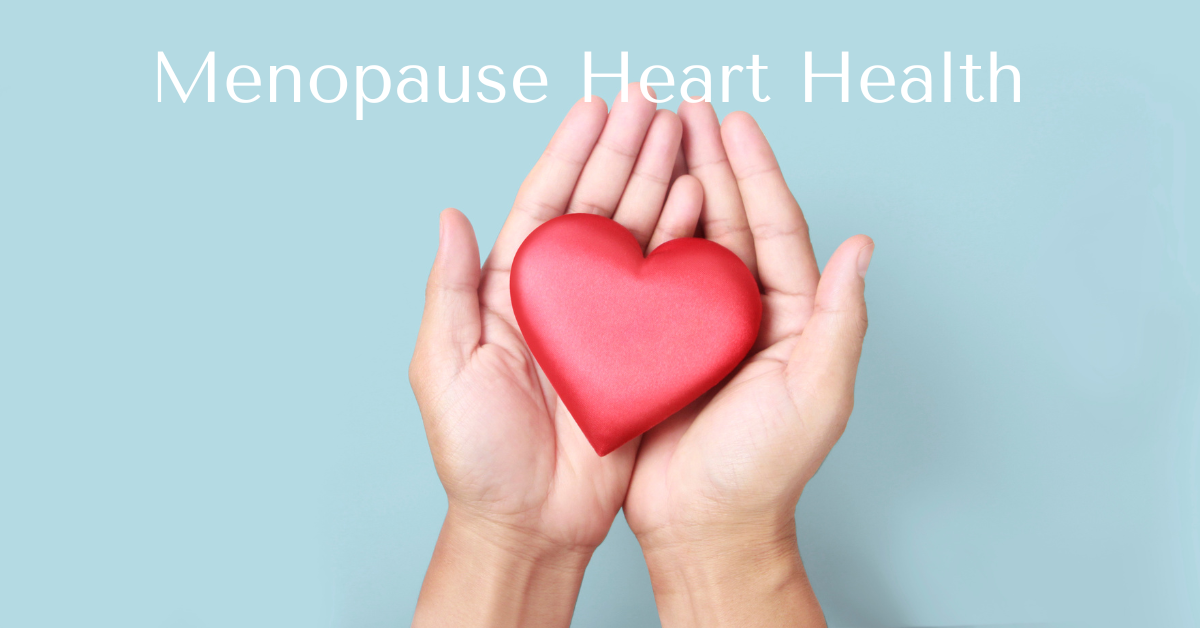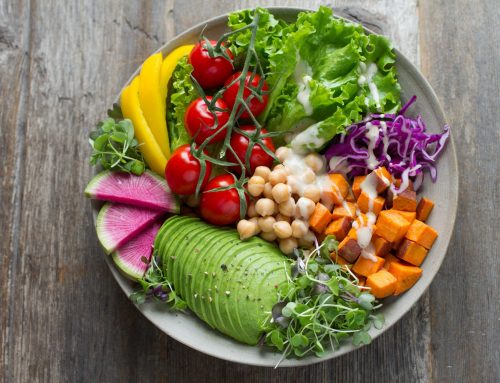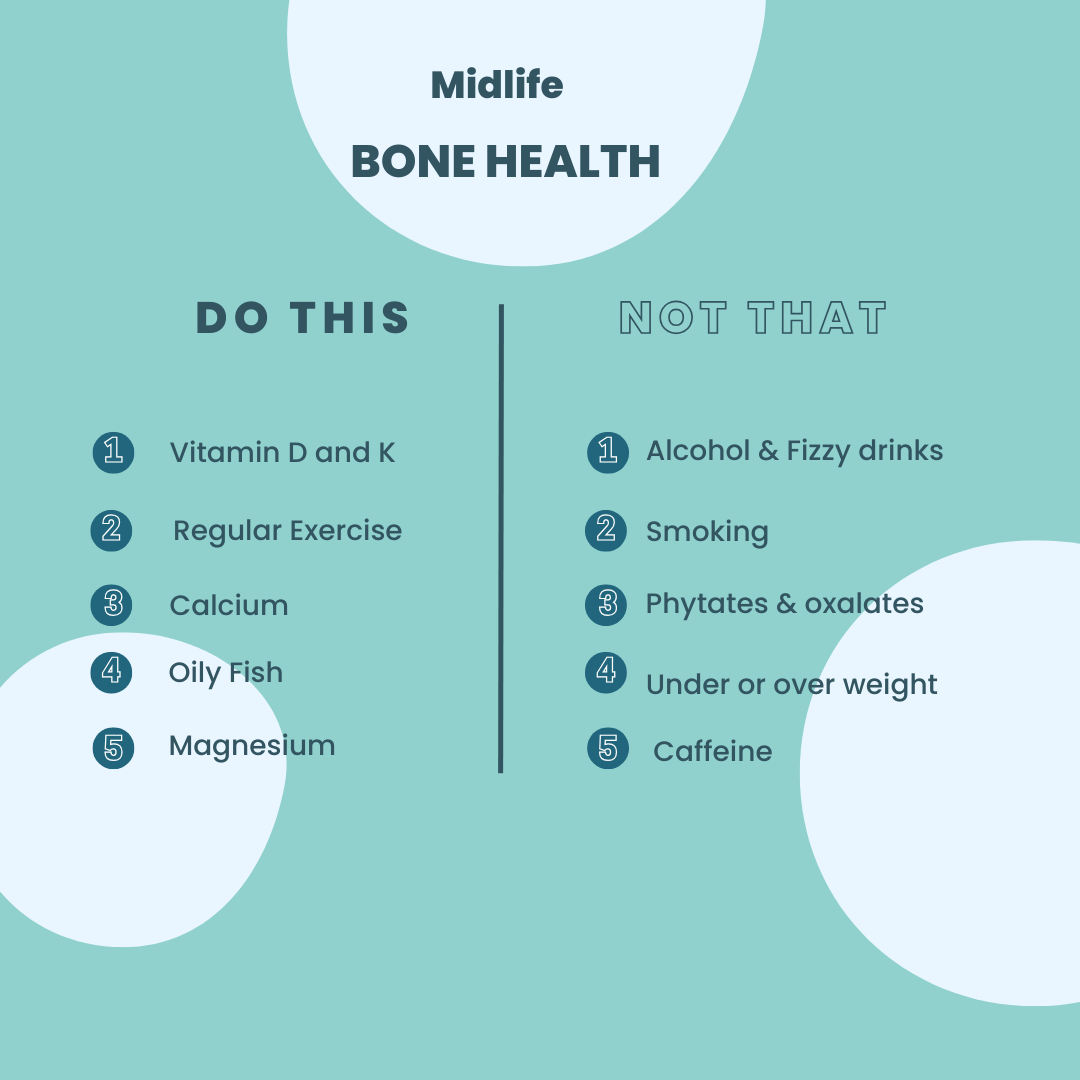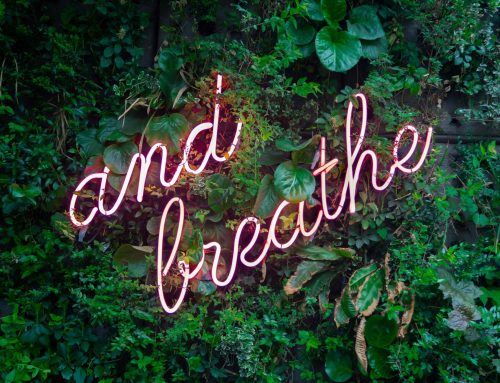Hydration at menopause matter more than you think. Most of us know we should drink more water, but in menopause, hydration becomes more than a wellness tick box — it’s a vital part of supporting energy, digestion, hormones, and even mood.
And with hormonal changes in the perimenopause and post-menopause years, your body’s relationship with water shifts in ways many women don’t realise.
Why Hydration is Different After 50
From our late 40s onwards, changes in oestrogen and progesterone affect everything from temperature regulation to fluid balance. Oestrogen helps your body hold onto water by influencing electrolyte balance (especially sodium and potassium). As levels decline, you may find you lose water more quickly — and that your thirst signal isn’t as reliable.
This means by the time you feel thirsty, you may already be mildly dehydrated.
Research also shows that dehydration can worsen common midlife symptoms:
Hot flushes & night sweats – losing more fluids through sweat without replacing them can leave you feeling light-headed or drained.
Brain fog & mood swings – even mild dehydration can impair concentration and affect serotonin levels.
Joint stiffness – cartilage is made up of around 80% water, so hydration supports mobility.
Digestive changes – water helps keep bowel movements regular and supports healthy gut bacteria.
How Much Water Do You Really Need?
The general advice is 1.5–2 litres per day, but in midlife you may need more if you:
- Are active or exercising
- Experience hot flushes or night sweats
- Live in a hot climate or during a heatwave
- Drink a lot of tea, coffee, or alcohol (all of which can have a mild diuretic effect)
- Herbal teas, sparkling water, and water-rich foods (like melon, cucumber, and berries) all count towards your daily intake.
What Electrolytes Do and Why They Matter
Electrolytes are minerals such as sodium, potassium, magnesium, and calcium that carry an electrical charge in your body. They’re essential for keeping your fluid balance, muscle contractions, and nerve signals working smoothly. When you sweat, you lose not just water but also electrolytes — and if these aren’t replaced, you may feel fatigued, dizzy, or experience muscle cramps.
For most people, eating a varied diet with plenty of fruit, vegetables, nuts, and seeds will keep electrolyte levels steady.
They’re especially important if you:
- Sweat a lot (due to exercise, hot flushes, or climate)
- Have low blood pressure or feel dizzy when standing
- Follow a low-salt diet
You don’t always need fancy sports drinks, unless your an athlete! Coconut water, mineral water, a pinch of mineral rich sea salt in your water, or foods rich in potassium (like bananas, pumpkin seeds, and leafy greens) can help maintain balance.
The Gut-Hydration Connection
Your gut lining is like a delicate filter — it needs adequate hydration to function well. In midlife, when gut microbiome changes are common, hydration supports:
- Regular bowel movements (important for oestrogen clearance)
- A healthy mucosal barrier (helping to prevent “leaky gut”)
- Nutrient absorption
Case Study: From Coke to Clarity
A client in her early 30s came to me with PCOS, fatigue, and brain fog. She was drinking up to five cans of cola a day, with very little plain water.
We started with one simple change — swapping most of her fizzy drinks for water and green tea. Within two weeks she felt more alert, slept better, and noticed her cravings reduce. That single shift gave her the energy and confidence to start making other food changes, which helped her manage her PCOS symptoms long-term.
The takeaway?
Hydration isn’t just about quenching thirst — it can be the first domino that sets bigger health changes in motion.
Simple Midlife Hydration Tips
- Start your day with water – rehydrate after overnight loss from breathing and sweating.
- Carry a reusable bottle – make it visible and easy.
- Flavour naturally – try lemon, cucumber, mint, or berries.
- Pair with habits – drink a glass with each meal or after each bathroom break.
- Check your pee – pale straw colour is ideal.
Final Thoughts
In midlife, your body’s needs change — and hydration is one of the simplest yet most powerful ways to support your health.
Water isn’t a magic bullet, but it’s a foundation. Support your hydration and you’ll also be supporting your hormones, gut, energy, and mood.
If you’re finding it hard to stay consistent, start small — one extra glass a day can make a real difference.
If you’d like support for menopause and beyond check out my seasonal Rebalance where we spend a week in a community of like minded women supporting each other to put healthy habits like this into place!
References
J Menopausal Med. 2021 Aug 27;27(2):94–101.


